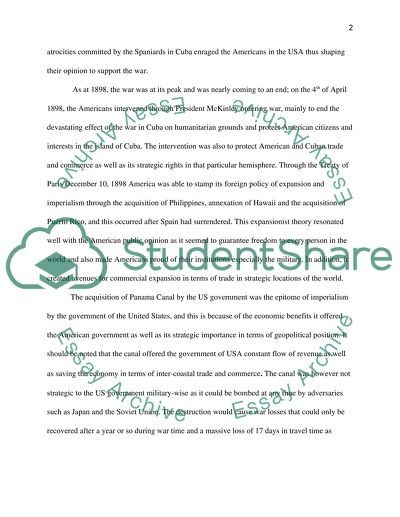Cite this document
(“The political and economic foreign policy developments of the United Research Paper”, n.d.)
Retrieved from https://studentshare.org/history/1473275-the-political-and-economic-foreign-policy
Retrieved from https://studentshare.org/history/1473275-the-political-and-economic-foreign-policy
(The Political and Economic Foreign Policy Developments of the United Research Paper)
https://studentshare.org/history/1473275-the-political-and-economic-foreign-policy.
https://studentshare.org/history/1473275-the-political-and-economic-foreign-policy.
“The Political and Economic Foreign Policy Developments of the United Research Paper”, n.d. https://studentshare.org/history/1473275-the-political-and-economic-foreign-policy.


